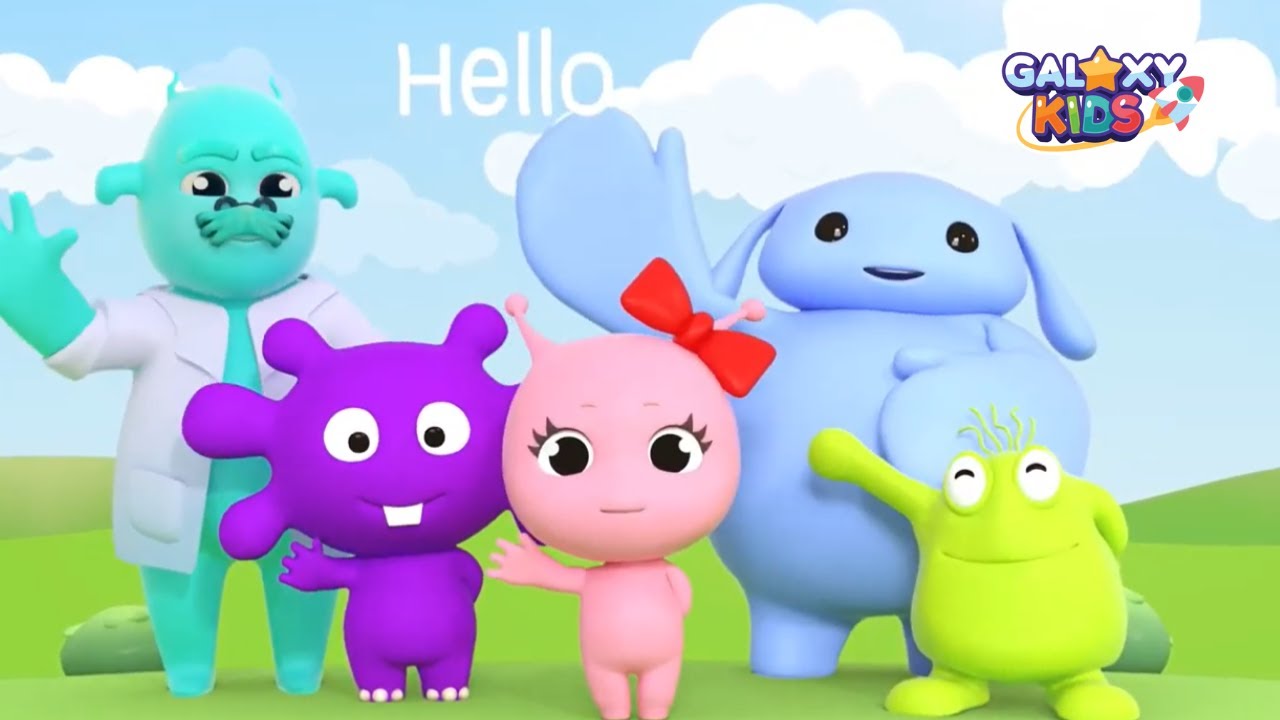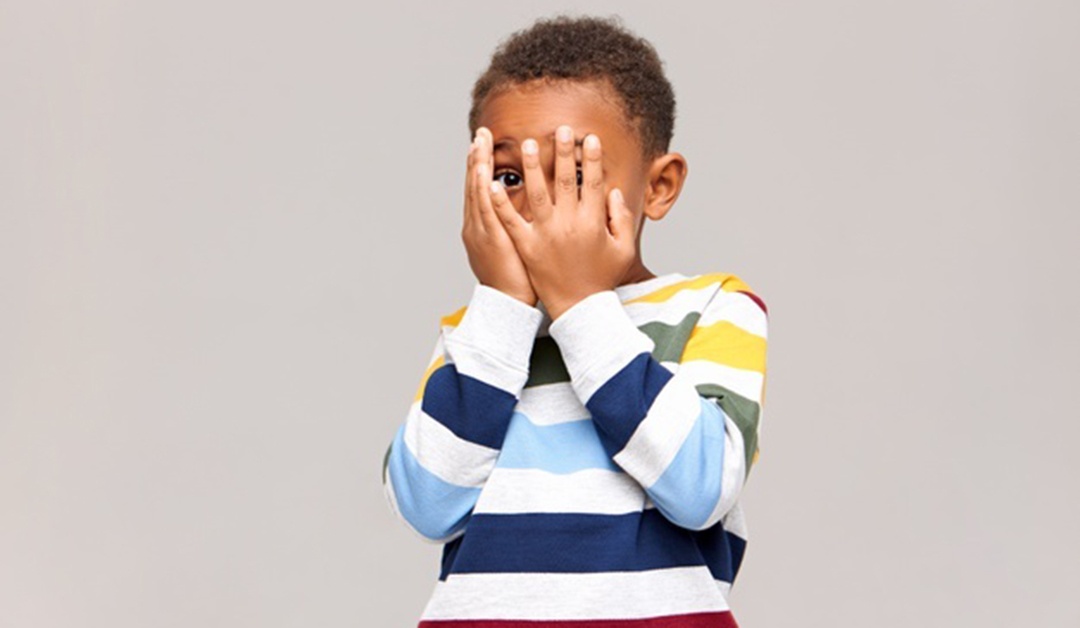Our bodies are wonderful machines and it is very normal for children to become curious about their bodies. As children learn best through experiences that involve the use of their senses, learning Chinese that involves using parts of their body and movements will help them understand about a topic easily.
Parents should include the topic of body parts in the children’s day-to-day life to learn Chinese for kids from the very beginning. At Galaxy Kids, you will find Chinese vocabulary to teach your kids about body parts and fun activities to help them get familiar with the subject.
Body Parts in Chinese for Kids
Face 脸 (liǎn)
Mouth 嘴 (zuǐ)
Chin 下巴 (xià bā)
Neck 脖子 (bó zi)
Shoulder 肩膀 (jiān bǎng)
Arm 手臂 (shǒu bì)
Upper arm 上臂 (shàng bì)
Elbow 肘部 (zhǒu bù)
Forearm 前臂 (qián bì)
Armpit 腋窝 (yè wō)
Back 后部 (hòu bù)
Chest 胸部 (xiōng bù)
Waist 腰部 (yāo bù)
Abdomen 腹部 (fù bù)
Buttocks 屁股 (pì gu)
Hip 臀部 (tún bù)
Leg 腿 (tuǐ)
Thigh 大腿 (dà tuǐ)
Knee 膝盖 (xī gài)
Calf 腓 (féi)
Hand 手 (shǒu)
Wrist 手腕 (shǒu wàn)
Knuckle 指关节 (zhǐ guān jié)
Fingernail 指甲 (zhǐ jiǎ)
Thumb 拇指 (mǔ zhǐ)
Index finger 食指 (shí zhǐ)
Middle finger 中指 (zhōng zhǐ)
Ring finger 无名指 (wú míng zhǐ)
Little finger 小指头 (xiǎo zhǐ tou)
Palm 棕榈 (zōng lǘ)
Foot 脚 (jiǎo)
Ankle 踝 (huái)
Heel 脚跟 (jiǎo gēn)
Toe 脚趾 (jiǎo zhǐ)
Toenail 趾甲 (zhǐ jiǎ)
Internal Parts of the Body in Chinese for Kids
Last, but not least, the internal body parts are the ones that can’t be seen. However, these parts are in charge of essential body functions such as transporting the blood, sustaining the body, distributing the oxygen, and sending different signals to the brain.
Brain 脑 (nǎo)
Spinal cord 脊髓 (jǐ suǐ)
Throat 喉咙 (hóu lóng)
Windpipe 气管 (qì guǎn)
Oesophagus 食管 (shí guǎn)
Muscle 肌肉 (jī ròu)
Lung 肺 (fèi)
Heart 心脏 (xīn zàng)
Liver 肝脏 (gān zàng)
Stomach 胃 (wèi)
Intestines 肠 (cháng)
Vein 静脉 (jìng mài)
Artery 动脉 (dòng mài)
Pancreas 胰腺 (yí xiàn)
Learning Chinese about human body parts is really diverse. However, children are too young to learn all these words, so you just need to teach your child to get used to simple actions such as:
+ Nod your head 点点头 (diǎn diǎn tóu)
+ Shake your head 摇头 (yáo tóu)
+ Turn your head to the right 把头转向右边 (bǎ tóu zhuàn xiàng yòu biān)
+ Turn your head to the left 把头转向左边 (bǎ tóu zhuàn xiàng zuǒ biān)
+ Put your hand up 举起你的手 (jǔ qǐ nǐ de shǒu)
+ Put your hand down 把手放下 (bǎ shǒu fàng xià)
+ Cross your arms 双臂交叉 (shuāng bì jiāo chā)
+ Sit down 坐下 (zuò xià)
+ Stand up 起来 (qǐ lái)
Or simply just turn up this song for your kids to dance and sing along!
For older kids, parents can get creative and play many fun games with their kids such as Simon Says (“Simon says touch your elbow”, etc.) or pretend your fingers are an ant by “walking” your fingers to different parts of the body and ask your child to guess where the ant is (“An ant crawled up my ankle”).
Another way to get your little ones to learn Chinese about body parts is by printing flashcards and making picture dictionaries by punching a hole in the top left corner (punch hole dot provided). Hook them together with a metal binder ring.
We hope you will find these methods useful and exciting to motivate kids to learn to speak Chinese vocabulary as well as develop their knowledge of the surroundings.
To learn to say Hello in Chinese or more about body parts in Chinese for kids, you can download the Galaxy Kids app – the best Chinese learning app for kids!



